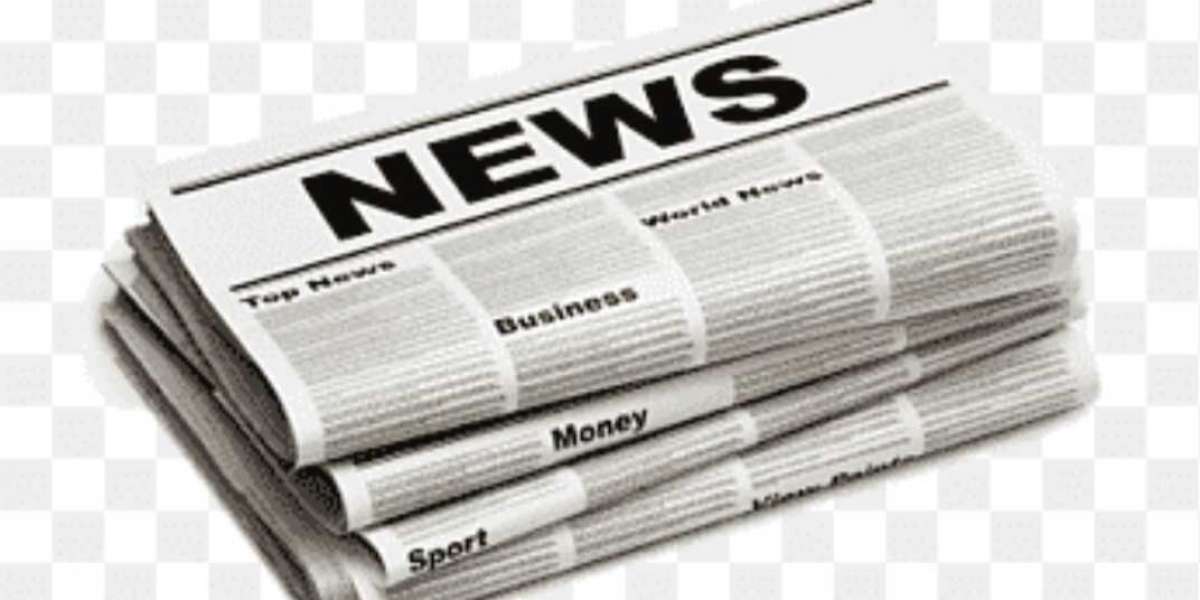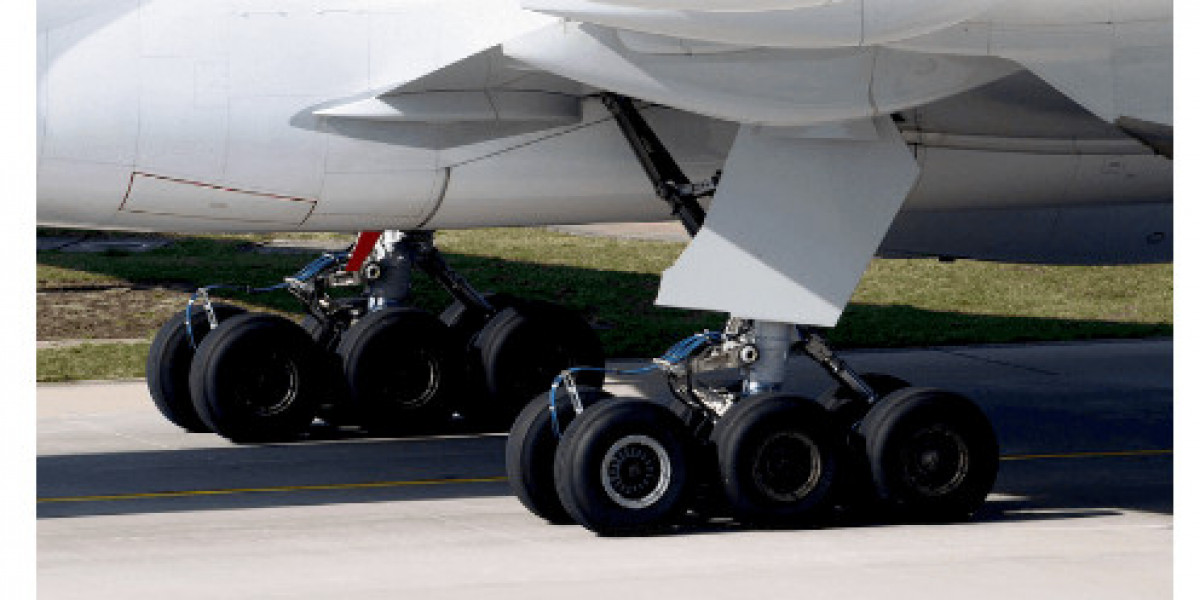Politics and newspapers have a close relationship as newspapers play a vital role in shaping public opinion and providing information about political events and decisions. A free press is one of the foundations of democracy, and it is essential to have a robust and independent media that can hold those in power accountable. In this article, we will discuss the role of politics in newspapers and the impact of newspapers on politics.
Newspapers have a long history of reporting on politics, and the first newspapers were often created as political organs. Early newspapers were often partisan, and they would advocate for specific political parties or candidates. However, as the media industry evolved, newspapers began to adopt a more objective tone and provide balanced reporting. The idea of journalism as a profession that should report the news impartially emerged in the late 19th century, and it has become a core value of modern journalism.
One of the primary functions of newspapers is to provide citizens with accurate and unbiased information about politics. Newspapers cover a wide range of political topics, including elections, policy decisions, scandals, and international relations. Through their reporting, newspapers help citizens understand the political process and make informed decisions about who to vote for and what policies to support. The media also plays a crucial role in exposing corruption and holding politicians accountable. Investigative journalism is an essential part of modern journalism, and it has led to many high-profile political scandals being exposed.
In recent years, there has been a rise in the use of social media as a source of news, and some have argued that newspapers are no longer relevant. However, newspapers still play a vital role in the political process, and their impact cannot be overstated. While social media can provide citizens with up-to-the-minute updates, it is often unreliable, and it is not held to the same standards of accuracy and impartiality as traditional media. Newspapers have a responsibility to report the news accurately and fairly, and they provide a valuable counterbalance to the often sensational and misleading reporting found on social media.
In addition to providing citizens with accurate and unbiased information, newspapers also have the power to shape public opinion. The media has a significant influence on how citizens perceive political issues and candidates, and newspapers can use their platform to promote certain viewpoints or agendas. While newspapers should strive to remain objective, they also have a responsibility to promote the values of democracy and hold politicians accountable. When newspapers take a stance on an issue or a candidate, they can sway public opinion and have a real impact on the political process.
The relationship between politics and newspapers is complex, and it is not always easy for newspapers to maintain their independence. In some countries, governments have attempted to control the media and restrict freedom of the press. In other cases, newspapers have become too closely aligned with certain political parties or interests, leading to accusations of bias. In order to maintain their credibility, newspapers must remain independent and report the news impartially. They must also be transparent about their sources of funding and any potential conflicts of interest.
In conclusion, politics and newspapers are deeply intertwined, and the media plays a vital role in shaping public opinion and holding politicians accountable. While social media has transformed the way we consume news, newspapers remain a critical source of accurate and unbiased information. As citizens, it is our responsibility to stay informed about politics and to support a free and independent media. We must also hold our politicians accountable and demand transparency and accountability in the political process. By doing so, we can ensure that democracy remains strong and vibrant, and that the media continues to serve as a watchdog for the public good.







